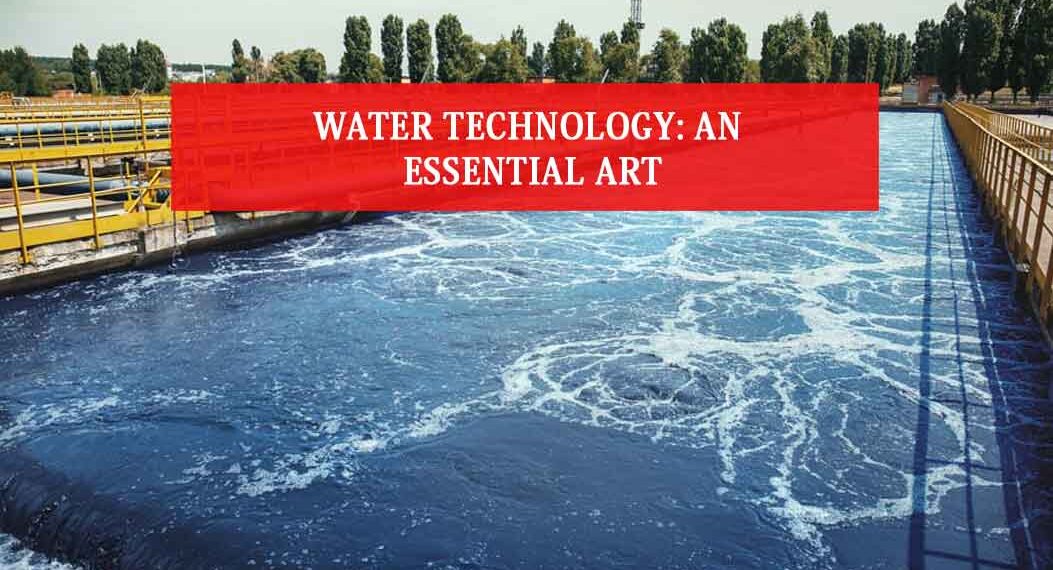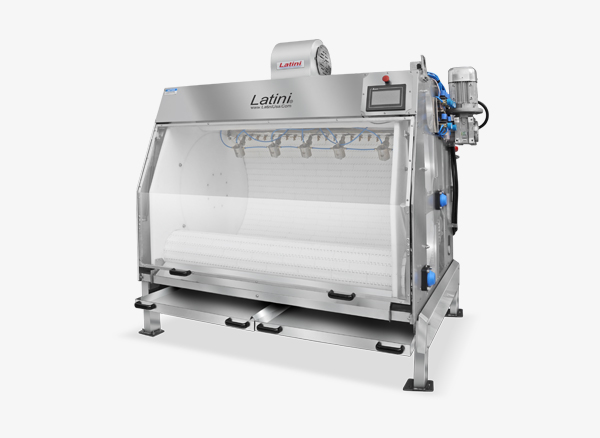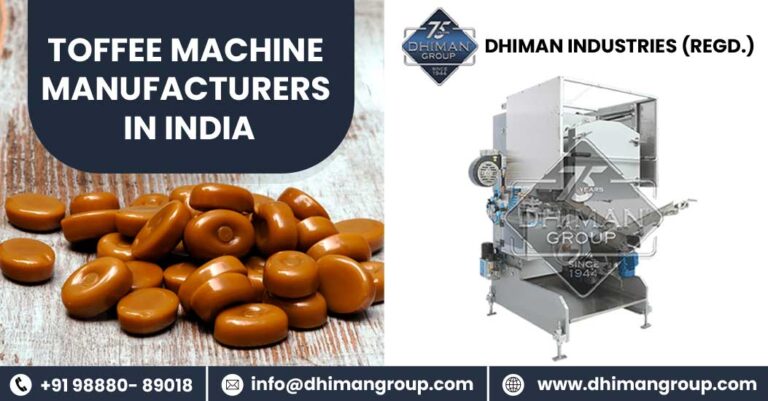Water is actually an indispensable part of our lives. Not just domestically, but every industry today thrives on gallons of water to run their machines. We know that we are all facing a massive water crisis today, where even rain might not be sufficient to fulfil our needs. This has actually been exacerbated by climate change, which has reduced rains and increased the incidence of acid rains.
All these instances point towards a dire need for innovation. The messiah in the post-modern world is water technology. Consumers need infinite water to sustain their diverse needs. While infinite might not be quickly attainable, with development in technology, wastewater management, and groundwater systems–we might see the light.
The 2017 census report reports that the Australian economy invests about 17,000 gigalitres of water per annum. More than 1% of Australia’s GDP is accounted for by the excess revenue generated by the urban water sector.
What are the different sources of water?
Urban water sources include potable water, wastewater purification, recycling, and use. It includes special technologies like desalination and underground water management that comprise a complex integrated network to suit the urban population.
Rural water sources refer to localised sites of water. They include on-site systems like small rural water bodies, lakes, septic tanks, disposal systems, and treatment plants. On-farm dams are also part of this list.
Commercial water bodies include the trade of water, large industries, washing plants, cultural and environmental establishments, etc. These require the most water. These also generate the most wastewater.
Maximising water output
Many sustainable ventures have come up with the scare of the water crisis globally. Many international summits have been held, and petitions have been signed towards positive change. Water technology has been occupying the front seat in this quest for conservative change. This is an up-and-coming sector that aims at providing top-quality water and maximising output.
Smart-water technology is a subsystem of this venture. Similarly, this also includes software, analytics, and hardware to target large-scale worldwide problems using operations research and data analysis. These ventures generally look into a lot of recycling and upcycling procedures.
A team of driven researchers usually customise water management solutions to your wastewater challenges. They curate special devices and methods to suit your industry. Water technology is utilised in municipal, industrial, infrastructural and commercial settings.
These technological advancements have initiated improvement in terms of environmental remediation. Dewatering groundwater and wastewater streams using specially patented techniques and ensuring affordable, reliable, and high-octane have been their forte.
Why Water Technology?
- They specialise in groundwater and surface water treatment for potable use. For this, they utilise a one-of-a-kind leeching and seepage technique. Called a Hydroxon process, it effectively reduces natural organic matter in surface water and hence rid any disinfection by-products.
- They use trade waste-compliant methods to recycle trade water from industries. Since they cost low discharge charges, this process becomes highly affordable and novel.
- They specialise in repurposing wastewater by using it in process feeds, irrigation, dust suppression, etc. They also couple this process with complex waste streams that often contain a high concentration of organic metals and dyes.
- Water Technology also adopts catalytic oxidation, ion exchange, and classic evaporation methods to handle hard-to-treat landfill leachate. Landfill leachate is highly polluted water that cannot be used or treated using regular wastewater treatment techniques.
























